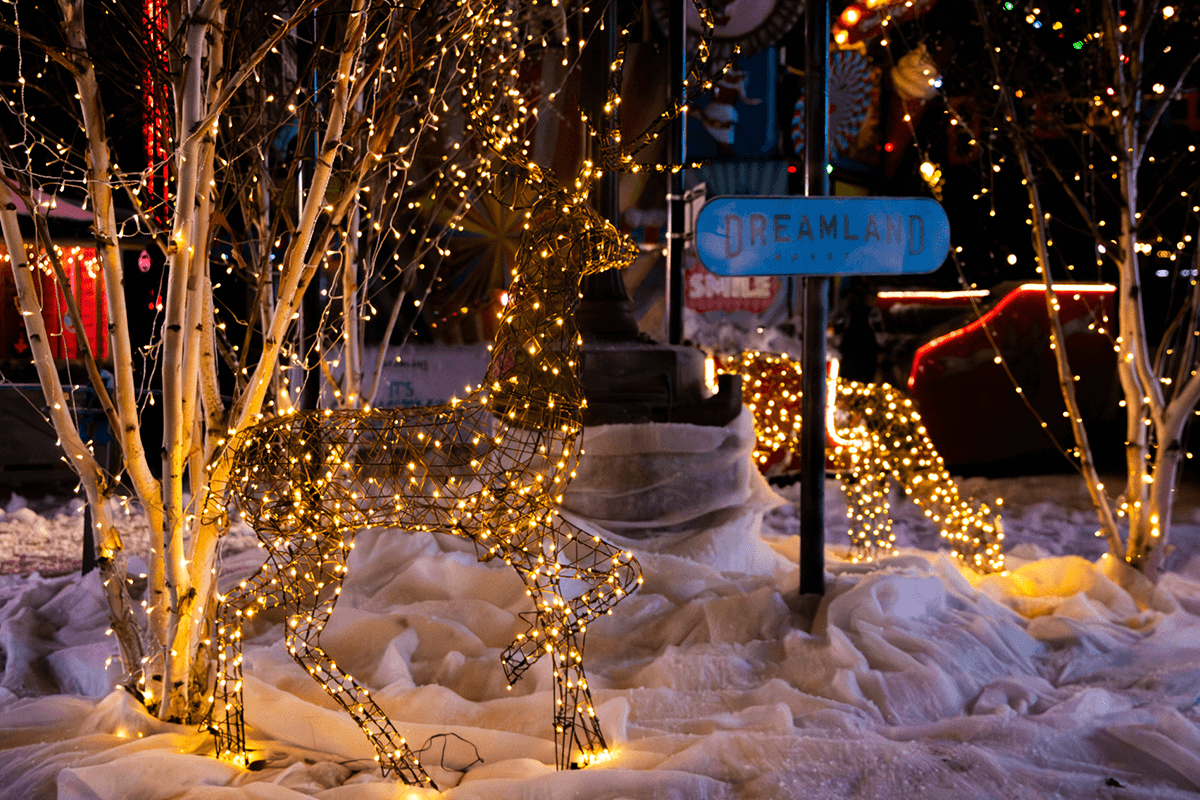The Repair Shop on BBC One tells story of Sheppey boy blinded by exploding Second World War bomb
11:55, 22 April 2022
updated: 10:37, 23 April 2022
The horror story of how a Sheppey lad was blinded when an unexploded bomb blew up in his face has been shared with millions of TV viewers.
Former KM reporter Klare Kennett, who worked for the Sheerness Times Guardian and Kent Today, told of the tragedy on the BBC show The Repair Shop.
Her late father Harry was injured as a 13-year-old when he and a friend stumbled over the Second World War explosive while on a walk. Harry also lost a leg. His pal died.
For years Harry, who went on to become a talented and popular physiotherapist at the former Sheppey General Hospital in Wards Hill Road, shared his home in Oak Lane, Minster, with a giant globe made of plaster.
But when a picture fell off the wall at Klare's home and shattered the globe, she thought it was damaged beyond repair.
She recalled: "My father got it while at a college for the blind. It has raised continents so blind people can feel the world with their fingertips."
She admitted: "When it broke it was a real shock and really upsetting. I felt sure there was no way it could be fixed."
Her final hope was The Repair Shop where ceramics expert Kirsten Ramsay was given the daunting task of trying to put it all back together and solve the puzzle of the plaster planet.
Klare, assistant marketing and communications director at animal charity the RSPCA, told viewers: "My dad was blinded when he was 13.
"He was out walking with his friend and an unexploded bomb from the war went off. His friend was killed and my dad was blinded and lost one of his legs. But he never let what happened to him get in the way of him living a full life. He was amazing."
She recalled: "When dad was home, sitting in his favourite place in the lounge, the globe was always there next to him. I was always fond of it and would look at it and decide where I was going to go.
"It would be incredible to see the globe restored. It would mean the world to me. It is a family heirloom we can pass down to the children."
But Kirsten admitted: "It was pretty bad. It was a challenge to get all the pieces back together again." She was helped by painting restorer Lucia Scalisi who gave the globe a clean.
Needless to say, the globe was restored.
Klare, now living in Haywards Heath, told presenter Jay Blades: "It looks incredible. I've never seen it looking this good. It was already quite old when I was born. You can't even tell it was ever broken. It's stunning."
She added: "My dad would be so proud we are talking about him and his life and something which meant so much to him has been restored. He would really approve."
Afterwards, she said. "It was brilliant to do the programme. My family all watch it so I felt very familiar with the experts and Jay the presenter. The repair took about four months. The globe is now is in my study, well away from pictures!"
The show, recorded at The Weald and Downland Living Museum, was first broadcast on March 25.
The Sheppey History Page Facebook group carries Harry's own story of the day he lost his sight.
He wrote: "At the age of 13, when I had been at the Junior Technical School in Sheerness for only two terms, I had an accident involving a British secret weapon, an operation code-named Petard which used anti-aircraft bombs.
"It happened on a ploughed field at Tadwell Farm, Minster. It blinded me, removed my left leg just below the knee and fatally injured my companion Paul McDowell aged 15.
"This was about 3pm on April 1, 1942.
'We had been looking for rabbits'
"The night before, I had heard and seen explosions from my bedroom window. I attributed them at the time to manoeuvres being carried out by the army. But the next morning all the houses were visited by air raid wardens warning people that there were dangerous items scattered about the countryside and care should be taken.
"We had been looking for rabbits to shoot with Paul's ancient and feeble air gun: we found no rabbits but did find the bomb which was lying across two ridges of a ploughed field.
"We stood looking at the bomb and were within about two yards of it when it exploded. I don’t know what caused it to detonate but afterwards the dog which we had with us, Paul's Cairn terrier which was not hurt by the blast, was blamed. Possibly the device slipped off one of the ridges and was activated.
"I presume the explosion rendered me unconscious. When I came to, I could see nothing but redness and black spots.
"I attempted to stand up, not realising that my left foot was missing. I thought that I was standing in the bomb crater so I moved a couple of feet away and tried again, only to find the crater had followed me.
'I wanted sand for my pet budgie'
"I decided to crawl to the nearest house which was Tadwell Farmhouse to get help but when my right arm became numb from the wounds on my forearm so I thought I would just wait for help.
"My wounds would have been a great deal more extensive if I had not previously collected a number of small sandbags which had been used for ballast on the balloon which carried the bomb and stuffed them all into my pockets and into the inside front of my dungarees.
"I wanted the sand for my pet budgie.
"The first to arrive on the scene was a woman from the farmhouse. She gave us a drink of water and laid a cloth over my face, which could not have been a pretty sight. But I associated that with the covering of dead bodies so I removed it.
"Luckily, we had been followed by three 10-year-old boys; Robert Stephenson, Arthur Fluck and Brian Fagg who went for help. When it eventually came we were taken by ambulance to the Sheppey General Hospital.
'I was aware of being placed upon a hard surface'
"I spent 11 days there. I can remember very little of what happened to me in those 11 days after I arrived. I was aware of being placed upon a hard surface, presumably the operating table, and feeling my clothing being cut off with scissors.
"For most of the time I thought that I was at home and I imagined that the nurses were my mother.
"I came to my senses on the eleventh morning while I was waiting for the ambulance to take me to the Maidstone Ophthalmic and Aural Hospital.
"I felt pretty groggy by the time we arrived at Maidstone."
Page administrator Roger Betts adds: "Harry also described an occasion at the British Queen Pub one lunchtime when in walked a man carrying one of the bombs and asked if anyone could identify the object. They certainly did - and the bomb was immediately removed to a safer place."
Latest news
Features
Most popular
- 1
‘Plumbers charged my elderly relatives £8,560 but settled on £765 when challenged’
22 - 2
Video captures panic as fireworks display goes wrong and ‘boy’s face burnt’
11 - 3
Where 11,000 new homes could be built in district
28 - 4
Family-run garage closes for final time after 92 years of trade
4 - 5
Kent pub 'surrounded by sheep' named one of UK's best to visit in autumn
3









